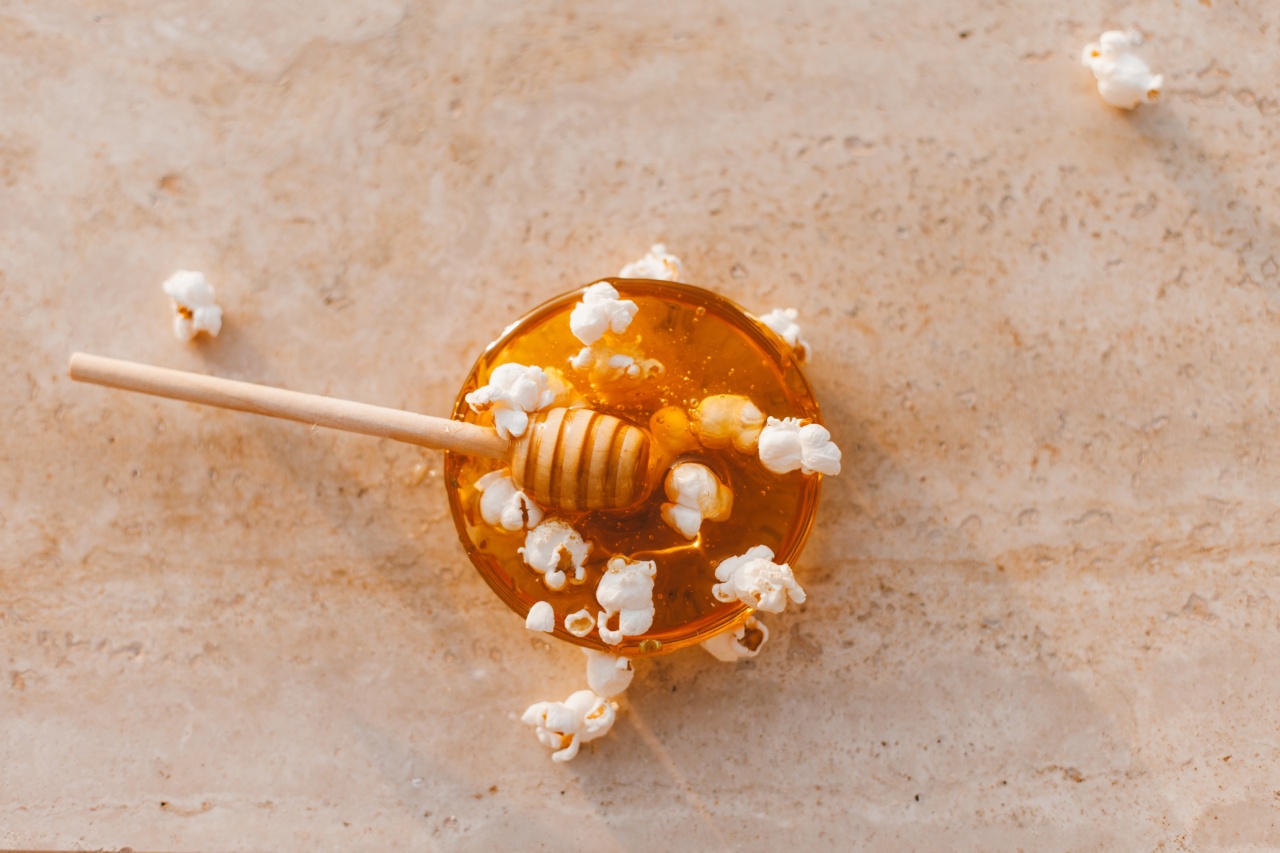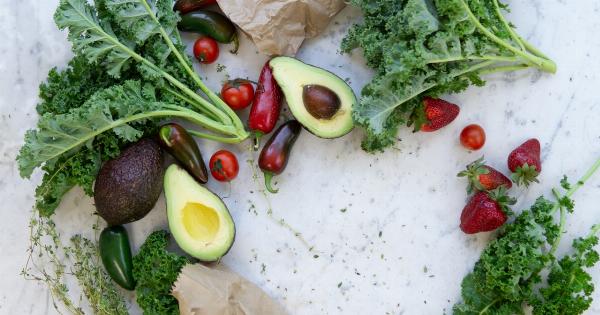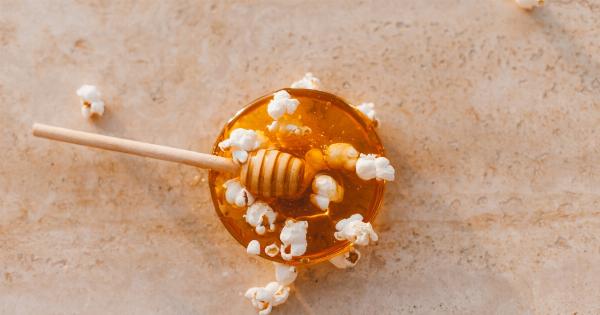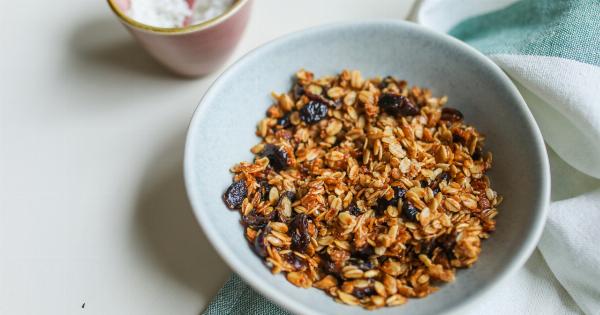Popcorn is a delicious and popular snack that almost everybody enjoys. It is a type of corn kernel that is capable of popping after being heated. Popcorn can be prepared in different ways, such as air-popped, microwave-popped, or stove-popped.
Most people only eat popcorn at movie theaters or while watching a movie on their couch. However, popcorn has numerous nutritional benefits, and it should be incorporated into your diet. Here are some of the nutritional benefits of popcorn.
Popcorn is a Complex Carbohydrate
Popcorn is an excellent source of complex carbohydrates. Complex carbohydrates are essential to our body because they provide us with energy.
Popcorn is one of the few complex carbohydrate snacks that also contain fiber, which makes it a healthy snack choice. Fiber is essential because it fills you up and reduces your chances of overeating. Fiber also prevents constipation and has been linked to reducing the risk of heart disease.
Popcorn is a Whole Grain
Popcorn is one of the few snacks that are considered a whole grain. Whole grains are essential to our bodies because they contain fiber, vitamins, and minerals. Popcorn contains various vitamins and minerals that are beneficial to our health.
For example, popcorn contains vitamin E, a powerful antioxidant that supports healthy skin and a healthy immune system. Popcorn also contains vitamin B6, which helps our bodies break down food and convert it into energy.
Popcorn is a Low-Calorie Snack
Popcorn is a low-calorie snack that is great for people who are trying to lose weight. A cup of air-popped popcorn is only 31 calories. Microwave popcorn and stove-top popcorn can contain more calories due to the added ingredients such as oil and butter.
However, it is still a lower calorie snack compared to other snacks such as chips or candy.
Popcorn is Gluten-Free and Non-GMO
Popcorn is a gluten-free snack. Gluten is a protein found in wheat, barley, and rye. Gluten can cause digestive problems for some people. Increased awareness of gluten intolerance and celiac disease means that many people are looking for gluten-free snacks.
Popcorn is also a non-GMO snack. GMOs are genetically modified organisms that can cause health problems for some people. Non-GMO foods are considered healthier and safer than GMO foods.
Popcorn is Low in Fat and Sugar
Popcorn is a low-fat and low-sugar snack. Fat and sugar are typically found in most snack foods. Popcorn contains only 0.5 grams of fat and 0.6 grams of sugar per cup of air-popped popcorn.
The added ingredients in microwave and stove-top popcorn can increase fat and sugar levels, so it is essential to choose a healthier variety if you are looking to lower fat and sugar intake.
Popcorn is a Source of Antioxidants
Popcorn is a good source of antioxidants. Antioxidants are compounds that help to protect cells in our bodies from damage caused by free radicals.
Popcorn contains polyphenols, which are antioxidants that can help reduce inflammation and the risk of chronic diseases such as cancer, heart disease, and diabetes. However, it is important to note that the amount of antioxidants in popcorn varies depending on the type of popcorn and how it is prepared.
Air-popped popcorn is the healthiest variety, while microwave and stove-pop varieties may contain fewer antioxidants due to the added ingredients.
Popcorn Contains Protein and Fiber
Popcorn contains protein and fiber, which makes it a filling snack. Protein is essential for building and repairing tissues in our bodies. Fiber is essential for digestion and can help to lower cholesterol levels.
Popcorn contains 3.5 grams of protein and 1.2 grams of fiber per cup of air-popped popcorn.
Popcorn is a Low-Sodium Snack
Popcorn is a low-sodium snack that is great for people with high blood pressure. High sodium foods can increase blood pressure and put people at risk of heart disease, stroke, and other health problems.
Popcorn contains only 1 milligram of sodium per cup of air-popped popcorn. However, it is important to note that microwave and stove-top popcorn varieties may contain more sodium due to added seasoning and flavors.
Popcorn is Affordable and Convenient
Popcorn is an affordable and convenient snack that can be enjoyed at home or on-the-go. Popcorn is available in many grocery stores and can be easily prepared in the microwave or on the stove.
Air-popped popcorn is the healthiest variety, but microwave and stove-top varieties can be a healthy snack choice if you choose a variety that is low in fat, sugar, and sodium.
Conclusion
Popcorn is a healthy and nutritious snack that should be incorporated into your diet. Popcorn is a complex carbohydrate, a whole grain, and a low-calorie snack. It is also gluten-free and non-GMO.
Popcorn is low in fat and sugar, a source of antioxidants, and contains protein and fiber. It is also a low-sodium snack that is affordable and convenient. Enjoying a bowl of air-popped popcorn is a healthy and delicious way to satisfy your snack cravings.






























